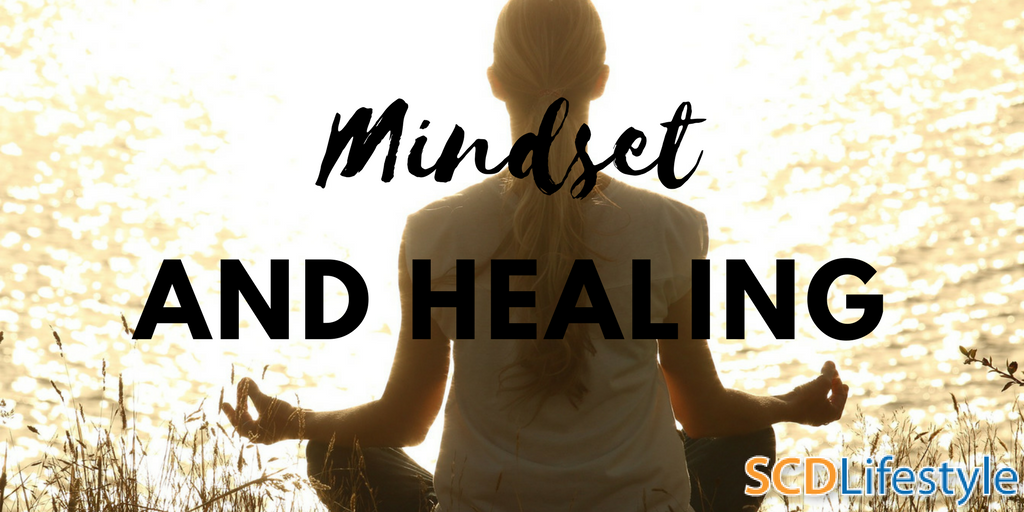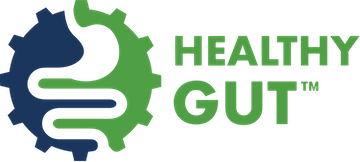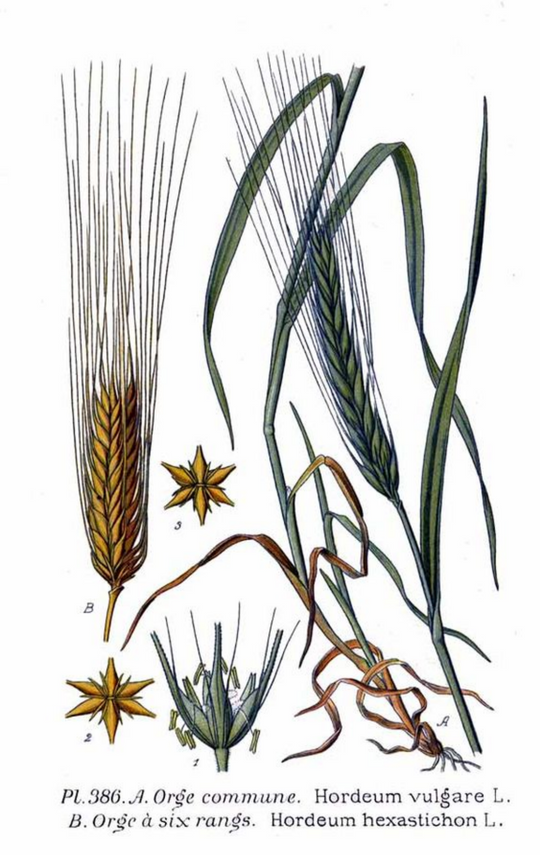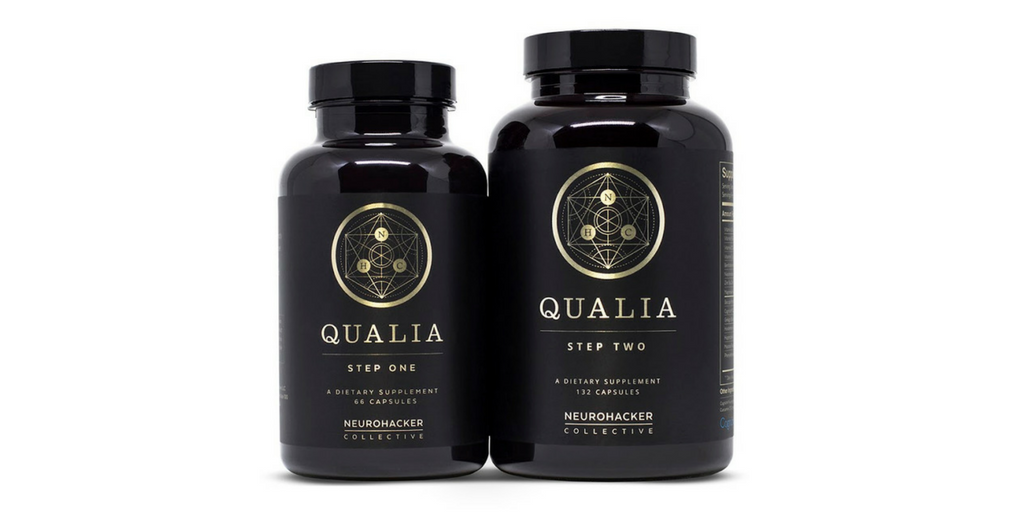How To Improve Your Mindset So You Heal Faster

When I found out I had Celiac Disease, I thought, “Great! I just need to stop eating gluten and I’ll be healed!”
Wrong.
Then I discovered SCD and I thought, “I just need to follow this diet perfectly and I’ll be healed!”
Not quite.
Then I started researching and learned about gut infections and I thought, “I just need to clear these parasites and I’ll be healed!”
That wasn’t it either.
And I thought the same thing when I learned about my hormones, or a new supplement, or a new food I should avoid.
Here’s the truth: no matter how “clean” my diet, no matter how perfect my supplements, no matter how expensive the probiotic I was taking was… none of it ever “healed” me.
Now, don’t misunderstand… it all helped me be healthier.
I wasn’t having diarrhea 15 times per day anymore, I actually was able to gain some weight and muscle, I had more energy. But I always had this nagging feeling – when would I be “healed?”
I felt like I was running a race but I didn’t know when the finish line would come.
Have you had this feeling too?
The Difference Between Healthy and Healed
So, what is the difference between getting healthier and being healed?
That’s what Steve and I have been trying to figure out for the last several years.
We used to think healing could be achieved using 3 means:
- A healthy diet (like SCD, Paleo, or a leaky gut diet)
- Exercise
- Smart supplementation
But we were neglecting the most important aspect of healing… mindset.
Here is what we’ve learned: your mentality towards any health struggle isn’t just some feel-good attitude to have separate and apart from the physiological success of recovery.
Your mindset can make or break your ability to heal.
We’re not trying to say that you just need to put “mind over matter” or “will yourself to heal.”
Instead, think of a time when you had to take a big test. Imagine you’ve really put the hours in studying, you’ve done all the homework, and you even made some flashcards to study with. You are ready to ace this test.
But what if you have to take that test in a noisy airport terminal where people are everywhere, announcements keep coming over the loudspeaker, and you don’t even have a desk to work at?
You probably wouldn’t do as well as you would if you got to sit in a quiet room at a comfortable desk – even if you studied just as much before both tests.
Where you take the test is your external perceptual environment. Your mindset is your internal perceptual environment.
Just like your external environment can impact how well you do on the test, your internal environment (aka your mindset) can completely change how your healing journey progresses.
This is called “biodirectionality.”
Biodirectionality in Healing
What is biodirectionality? Simply put, it’s the concept that the body doesn’t only affect the mind, but so too the mind affects the body.
It might sound a little “woo-woo” but it’s true.
One of the most common examples of biodirectionality is the “placebo effect.” The placebo effect is the phenomenon where people experience positive health benefits just by thinking they were taking something that would help them.
But, biodirectionality isn’t a straight line – it’s neither just that the mind affects the body or that the body affects the mind – it is both.
The body and mind both affect each other in a constant cycle.
That means you can’t just ignore the body and focus on the mind – or ignore the mind and focus on the body.
To go from “healthier” to “healed” we believe you must focus on both your body and your mind.
How An Improved Mindset Helps You Heal Faster
Having the right mindset for healing can mean:
- More willpower to follow a prescribed diet
- Less anxiety about the healing process
- More confidence in your healing plan
- Fewer cravings for food or practices that hinder your healing
- Greater feelings of well-being (even if you’re still sick)
- Faster recovery from flares and setbacks
And most importantly… it can mean actually enjoying the healing process.
Healing can take a long time. You will have times when you feel great and others when you think “What did I do wrong?” You’ll have to change how you eat, how you relax, how you socialize, how you exercise, and more.
Mindset is the difference between people who lean in to these changes, embrace them, and enjoy life while they heal and those who suffer through, never making any progress.
Those without the right mindset and mental fortitude will see the healing process as “something to get through” or even “punishment.”
Those with the right mindset will see healing as a challenge to overcome – even a blessing – strengthening them along the way.
Your mindset is the difference between healing and following diet after diet, trying supplement after supplement and not getting results. Make sure you don’t neglect it!
What Can We Do To Impact Our Mindset?
We already know a lot of the things we can do to improve the health of our bodies:
- Eat a nourishing, whole-foods diet
- Exercise and make movement a part of daily life
- Fill in gaps with supplements like probiotics
But we also know a lot of things that can help improve our mindset:
- Yoga
- Meditation
- Epsom salt baths
- Affirmations
- Maintaining social connections
- Time in nature
- Laughter
- Spiritual practices
Steve and I have implemented all of the above practices, and each one has helped us achieve a higher level of health. Before you try anything else, we think you should develop a routine that incorporates all of the above mindset influencers.
But we don’t call ourselves “health engineers” for nothing – even when we’ve gotten to “good,” we always wonder if we can push it to “great.”
That’s why when we first heard about something called “neurohacking” our interest was piqued.
Neurohacking: The Next Frontier in Mindset
About 15 years ago (back when Steve and I were about to start college) a new trend called biohacking was just starting to become popular.
It was the idea that you could “hack” your biology and change your body in the same way a computer genius might “hack” new software.
Popular biohackers – like our friend Dave Asprey – study the way our bodies work and discover how they can enhance our natural abilities through things like diet and supplements.
And biohacking really works – hundreds of thousands of people who drink Dave’s “Bulletproof Coffee” every day can testify to that!
Neurohacking is an extension of biohacking – but instead of focusing on the performance of the body, neurohacking focuses on the performance of the mind.
Neurohackers don’t just ask what foods can help them have healthy guts or lose weight – they want to know which foods, exercise, and supplements can best fuel their minds.
Neurohackers might try practices like:
- Ketogenic diets
- Extended fasting
- Cold plunges
But while these are powerful tools, they aren’t accessible to everyone – especially busy people like Steve and I who have families, kids, jobs, hobbies, pets, etc.
Luckily, neurohackers have found a new tool that can be used by just about anyone who wants to improve their mindset: nootropics.
What Are Nootropics?
Nootropics are substances that benefit various aspects of cognitive capacity – things like:
- Memory
- Clarity
- Pattern recognition
- Emotional resilience
- Creativity
Most nootropics are herbal and botanical extracts that have been used for hundreds of years by traditional cultures.
In fact, there’s a common nootropic most people take every single morning – coffee!
In addition to coffee, there are other nootropics:
Hordenine HCI
Hordenine is a natural MAO-B inhibitor found in barley grass. High levels of the enzyme MAO-B in the brain are associated with the development of both Alzheimer’s and Parkinson’s disease. It is often taken for increased energy, alertness, concentration, and metabolism.
Vinpocetine
Vinpocetine is a vasoactive alkaloid derived from Periwinkle. Studies indicate that vinpocetine can benefit attention and memory, decrease fatigue and increase alertness.
Huperzine A
Huperzine A is a natural synaptic enzyme modulator. Studies indicate its ability to support learning, memory, neuroplasticity, and executive function.
Theobromine
Theobromine is a methylxanthine related to caffeine extracted from cocoa (Theobroma cacao) beans. Studies show that theobromine increases alertness, attention, and executive function.
Did You Follow That?
Other than coffee, most people aren’t familiar with nootropics or terms like “synaptic enzyme modulator.”
If you’re a little confused about what nootropics actually do, you’re not alone.
In simpler terms, here’s what nootropics can help you have:
- More focus, with a longer attention span
- Increased creativity
- Better problem-solving
- More willpower
- Better able to delay gratification
- More physical energy
- Greater feelings of contentment
They can also cause:
- Less brain fog
- Less forgetfulness
- Less anxiety and worry
- Less pain and physical discomfort
- Less fatigue (both mental and physical)
Are Nootropics Too Good To Be True?
After reading that list, you might be thinking nootropics sound too good to be true – or you might be wondering if you can pick up a bottle of theobromine on Amazon Prime.
The truth is that having success with nootropics isn’t as simple as popping a couple supplement caps.
First, most work far better when they are supported by other vitamins and minerals like:
- Vitamins: vitamin B3 as niacinimide, vitamin C as ascorbic acid, etc.
- Anti-Inflammatories: quercetin, curcumin, etc.
- Adaptogens: artichoke extract, gingko biloba, etc.
- Amino Acids: taurine, l-theanine, etc.
- Choline Donors: citicoline, alpha GPC, etc.
- Minerals: zinc picolinate, magnesium threonate, etc.
Secondly, just like other vitamins, some nootropics are best taken with food, and others without.
And of course – some nootropics are super-charged by being combined with other nootropics.
Not For Beginners
With how complex using nootropics can be, it is important to note that they are not suitable for those who are just beginning their healing journey.
If you’re still in an active flare, I wouldn’t suggest you try adding nootropics just yet.
Before you even consider nootropics you need to have these fundamentals in place:
- A diet that supports a healthy gut (learn more about what Steve and I follow here)
- A sustainable movement routine (like walking, biking, or swimming)
- Base support supplements (like probiotics and l-glutamine)
- Stress management practices (like yoga, journaling, meditation, etc.)
But if you have the foundation down and you want to take your healing to the next level? Keep reading.
The Best Nootropic I’ve Tried
Normally, I don’t prefer supplement “blends” – I like having the control that using single supplements provides.
But with nootropics, the opposite is true. Because nootropics are complicated to use, a blend of nootropics – or as neurohackers call them, a “stack” – along with the supporting vitamins and minerals they need is far more effective than trying to formulate your own protocol.
Steve and I have tested different stacks and by far the best we’ve used is Qualia from Neurohacker Collective.
Qualia is a blend of nootropics, vitamins, and minerals – they all work together synergistically and each ingredient is backed by research (check out all the ingredients in Qualia here).
With any supplement, you get what you pay for – the highest-quality, most effective supplements are almost always the most expensive too.
With nootropics, this is especially true. You’d be better to skip nootropics all together than use an inexpensive supplement – which might be ineffective at best or dangerous at worst.
If you’re looking to get started with nootropics, the only brand I’d suggest trying is Qualia.
(And if you do want to try Qualia, you can use my special friends and family code to get 10% off – just use the code SCDFAMILY when you checkout).
The Mind-Body Approach
Remember – healing isn’t just about the body or the mind – it’s about both.
If you’re already following a leaky gut diet, using mindfulness practices, and exercising and supplementing wisely – but still feel like something is missing – I really hope you’ll look into trying nootropics.
Let’s be wise enough to care for our brains, and the mindsets they create, with the same degree of concern and thoughtfulness we give our bodies. As our understanding of the mind and body increases, it is becoming increasingly clear, there is no clear distinction between the two.
What practices do you follow to encourage a positive mindset? We love to learn what is working for you – please leave a comment and let us know!
-Jordan
Did You Like this Article?
Subscribe to our newsletter to receive email notifications, some ways to find relief, and next steps.







